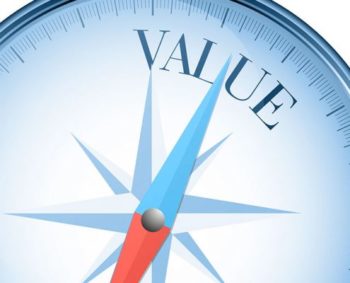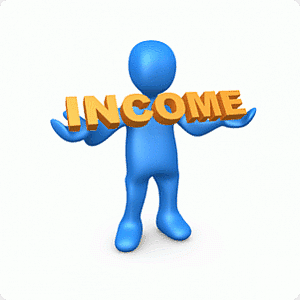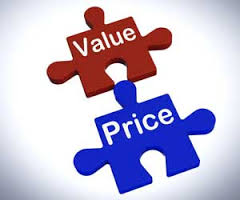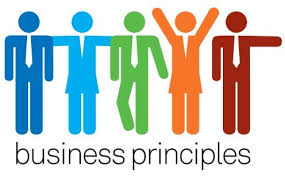
How to Value a Business
Business valuation is a complex process, and many factors come into the analysis of the true value of a business, or business interest. How to value a business involves comparing several different approaches and selecting the best method based on the analyst's knowledge and experience. Expert, specialist advice is needed.
There are three broad approaches used by Business Valuers :

ASSET
The asset-based approach utilises the Company’s adjusted balance sheet as the primary focus of fair market value. This approach is important where the fair market value of a company’s assets is significantly greater than its book value. The asset-based approach may be considered when valuing a controlling interest with significantly appreciated assets such as real estate.

INCOME
The theory of the income approach is that the value of the business is the present value of the future economic benefits (income stream) it’s expected to provide. The economic benefits can be determined from historical results or future projections. When using the discounted future cash flow method, forecasts are typically prepared for five years and then these economic benefits are converted to the present value using a discount rate.

MARKET
The market approach draws comparisons to publicly traded companies or private companies that are similar to the subject company. The market approach uses empirical evidence of value using databases for private businesses and companies. A major disadvantage with the market method is that it ends up comparing general information in the market, it is unable to consider specific factors leading to a specific transaction.
Any single valuation approach may be used. Professional practices, Real Estate Agents, and Medical and Veterinary Practices may utilise a different approach. Family Court Valuations sometimes also necessitate the use of another approach. What is most appropriately used now in valuing is the Income Approach, which generally doesn't distinguish between goodwill value and asset value. Its primary focus is with regard to the return available from the business. One thing is paramount in Business Valuation, and that is that the valuer has the experience and qualifications to provide a valuation that is accepted for both merger and acquisition or litigation purposes.
Understanding Value
To maximise the value of your company or business, you need to develop a plan with clearly defined goals. However, you can’t expect to achieve a goal until you understand where to begin, what kind of challenges you face, and how to monitor your progress along the way.
The first step in building value is to understand how much your business is currently worth and which factors determine your businesses's value.
Every business owner should have their business valued by a qualified valuer at least once every five years and when business circumstances change. This will give a business owner a greater understanding of the company's value over time.
A business valuation is not just for a business owner preparing for a sale. There are numerous business and legal situations that require or benefit greatly from a detailed valuation. Among these situations are:





Family Court
Banks
Credibility
Capital Raising
Business Principles
